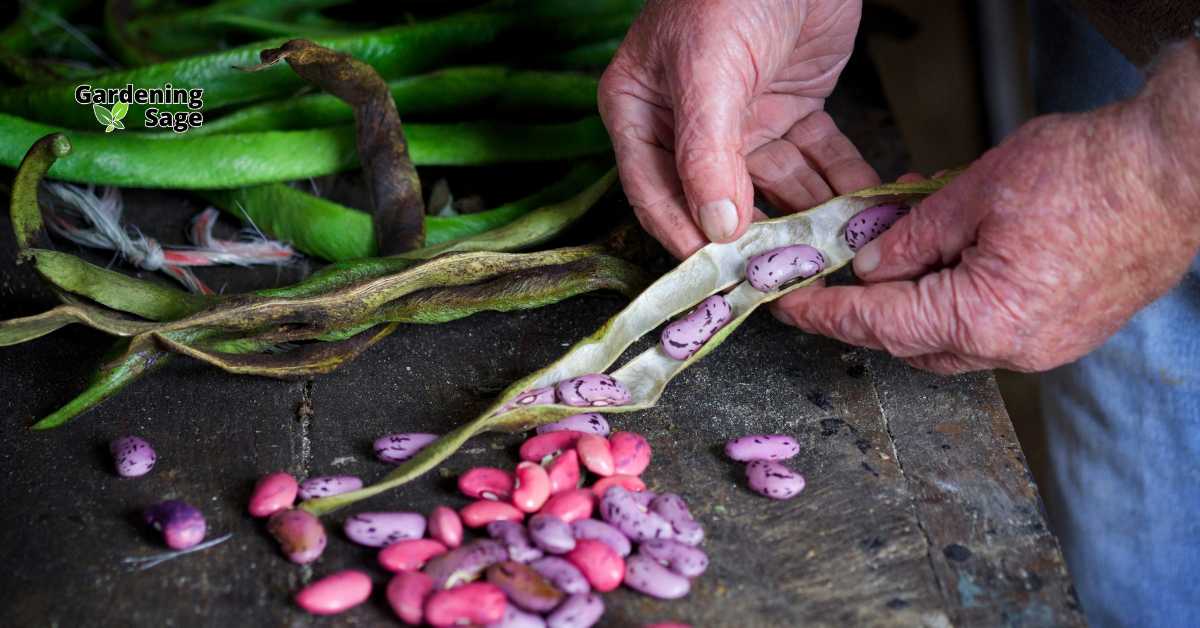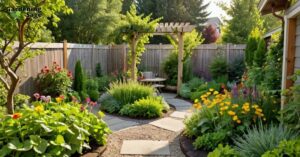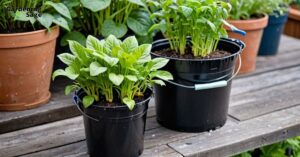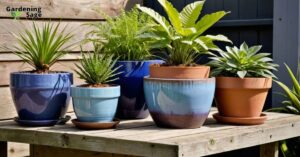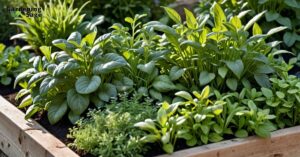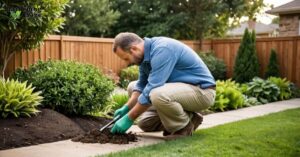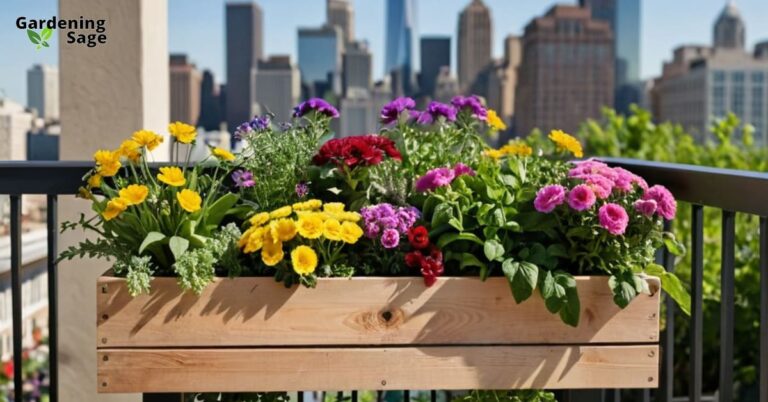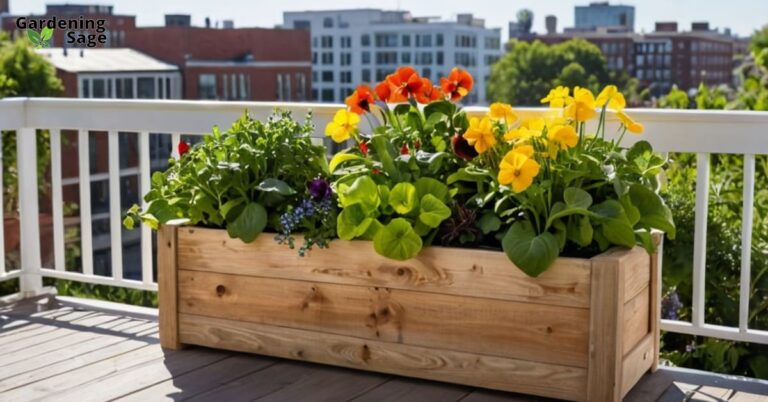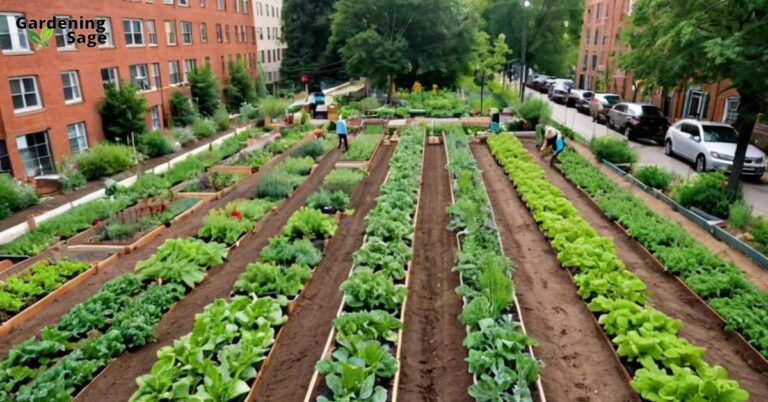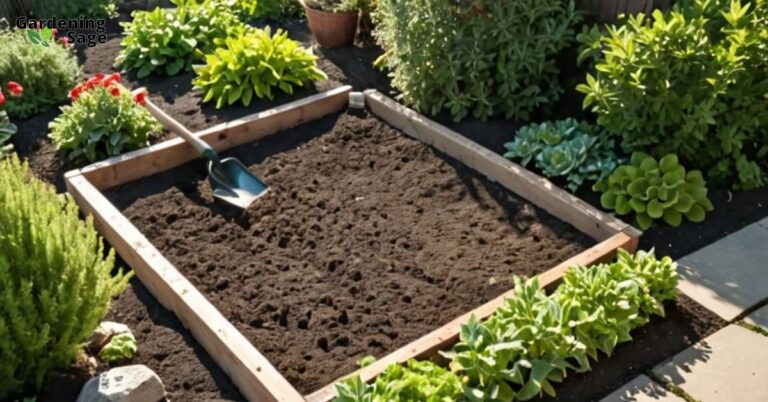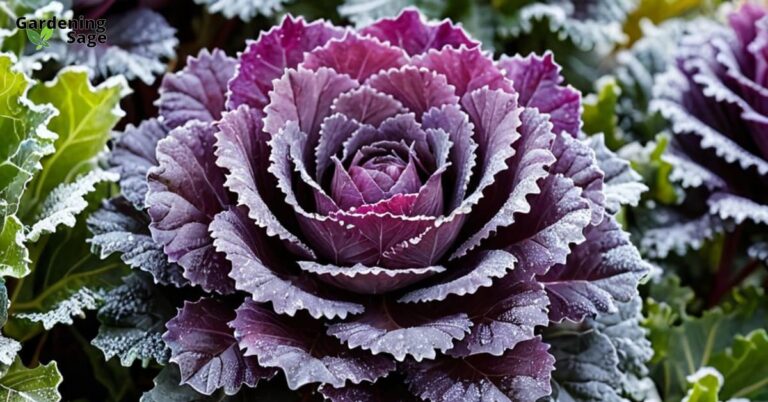Organic gardening is more than a method; it’s a philosophy that respects nature’s processes and cycles. It’s about cultivating a garden that thrives in harmony with the environment, yielding produce that’s not only bountiful but also sustainable.
This guide explores ten time-tested organic gardening tips that pave the way for home garden excellence, ensuring your garden is both productive and eco-friendly.
Tip 1: Understanding Your Soil
- The Foundation of Organic Gardening: Healthy soil is the cornerstone of a successful organic garden. Start by getting your soil tested to understand its composition, pH level, and nutrient profile.
- Improving Soil Health: Enhance your soil with organic matter. Compost, aged manure, and leaf mold are excellent amendments that improve soil structure, provide nutrients, and encourage beneficial microbial activity.
Tip 2: Composting: Turning Waste into Gold
- The Heart of Organic Gardening: Composting is a fundamental aspect of organic gardening. It recycles kitchen and garden waste into nutrient-rich humus that enriches your soil.
- Setting Up a Compost System: Choose a suitable spot in your garden for a compost bin or pile. Regularly add a mix of green (nitrogen-rich) and brown (carbon-rich) materials, and turn the pile to speed up decomposition.
Tip 3: Choosing the Right Plants
- Selecting Suitable Varieties: Opt for native plants and heirloom varieties that are naturally adapted to your local climate and soil conditions. They require less maintenance and are more resilient against pests and diseases.
- Crop Rotation and Diversity: Practice crop rotation and interplanting to maintain soil health and prevent pest infestations. A diverse garden is a resilient garden.
Tip 4: Natural Pest Control
- Encouraging Beneficial Insects: Attract beneficial insects like ladybugs, bees, and lacewings by planting a variety of flowers and herbs. These natural predators keep harmful pests in check.
- Homemade Organic Pesticides: For severe infestations, use organic pesticides like neem oil or insecticidal soap. Always apply these treatments responsibly.
Tip 5: Water Wisely
- Conserving Water: Use water-efficient practices such as drip irrigation or soaker hoses. Water early in the morning or late in the evening to minimize evaporation.
- Mulching: Apply a layer of organic mulch around your plants to retain moisture, suppress weeds, and add nutrients as it decomposes.
Tip 6: Embracing Permaculture Principles
- Designing with Nature: Permaculture principles focus on creating sustainable and self-sufficient gardens. Incorporate elements like rain gardens, swales, and companion planting to enhance your garden’s ecosystem.
Tip 7: Organic Fertilization
- Feeding Your Plants Naturally: Use organic fertilizers like fish emulsion, seaweed extracts, and compost tea. These provide a balanced range of nutrients and promote healthy plant growth.
Tip 8: Seasonal Adaptation
- Gardening According to the Seasons: Tailor your gardening activities to the natural cycles of the seasons. Plant cool-season crops in early spring and fall, and warm-season crops in summer.
Tip 9: Supporting Pollinators
- Creating a Haven for Pollinators: Plant a variety of flowering plants to attract and support pollinators. They play a crucial role in the health of your garden and the wider ecosystem.
Tip 10: Continuous Learning and Adaptation
- The Journey Never Ends: Organic gardening is a continuous learning process. Stay informed about sustainable practices, experiment in your garden, and adapt based on your observations and experiences.
Cultivating a Sustainable Future
Organic gardening is an enriching journey that brings us closer to nature.
By following these ten time-tested tips, you can create a thriving, sustainable home garden. It’s a path that leads not only to garden excellence but also to a healthier, more sustainable way of living.

